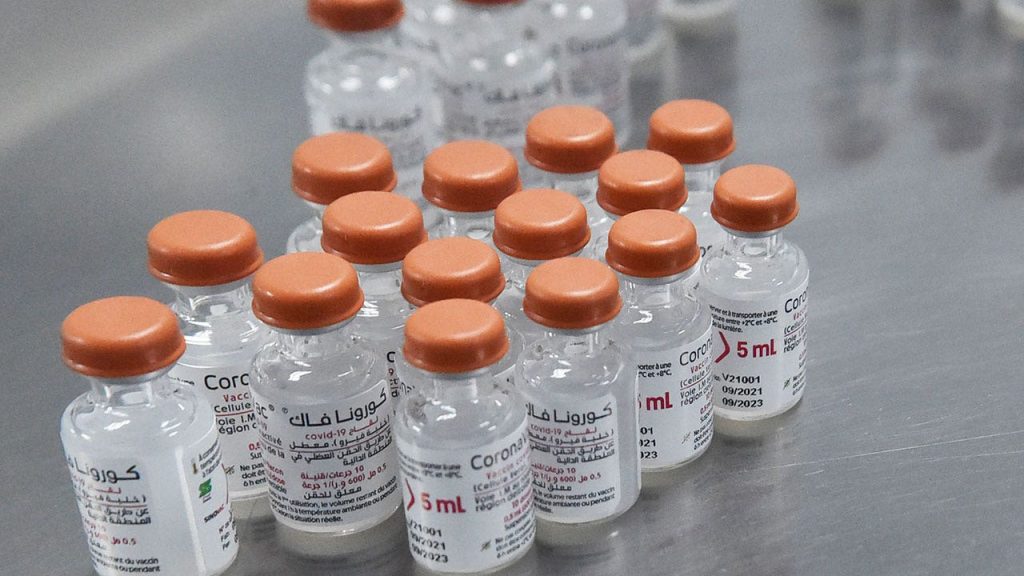The World Health Organization and global leaders are working on finalizing a pandemic treaty to establish guidelines for future pandemic responses. There are concerns about the lack of consequences for countries that do not comply with the treaty. Efforts to create a plan for how the world might respond to future global outbreaks have been ongoing since the coronavirus pandemic triggered lockdowns, disrupted economies, and caused millions of deaths. The aim of the pandemic treaty is to provide guidelines for the WHO’s 194 member countries to prevent future pandemics and share scarce resources better. However, deep divisions among countries could potentially derail the finalization of the treaty.
The draft pandemic treaty aims to address the disparity in COVID-19 vaccine distribution between wealthy and poorer countries, described by WHO Director-General Tedros Adhanom Ghebreyesus as a “catastrophic moral failure”. The draft proposes that WHO should receive 20% of the production of pandemic-related products such as tests, treatments, and vaccines. The treaty requires countries to disclose their agreements with private companies. Despite these efforts, there is no mechanism within the WHO to enforce compliance with the treaty, raising concerns about the effectiveness of the proposed guidelines. Some experts believe that the treaty could serve as a platform for countries to hold each other accountable, similar to global climate agreements.
There are legally binding obligations under the International Health Regulations, including the prompt reporting of new outbreaks. However, these regulations have been flouted on multiple occasions, such as during Ebola outbreaks in African countries and the early stages of the COVID-19 pandemic in China. The draft pandemic treaty aims to determine the expected role of the WHO during a pandemic and how outbreaks can be stopped before spreading globally. Experts warn that if the current window of opportunity to improve pandemic responses is not seized, countries will remain as vulnerable as they were in 2019. Some countries are taking steps on their own to ensure cooperation in the next pandemic, with President Joe Biden’s administration committing to assisting 50 countries in responding to new outbreaks and preventing global spread.
There is pushback from some countries, with U.S. Republican senators criticizing the draft pandemic treaty for focusing on issues like intellectual property rights and expanding the WHO’s authority. The U.K. department of health stated that it would only support an accord that aligns with the nation’s interests and respects national sovereignty. Developing countries also raise concerns about being expected to provide virus samples for vaccine development without being able to afford the developed products. Despite the challenges and criticisms, experts hope that focusing on the errors that occurred during the COVID-19 pandemic could lead to improvements in future pandemic responses. Ultimately, the success of the pandemic treaty will rely on countries taking responsibility and acting in the best interest of global health security.


